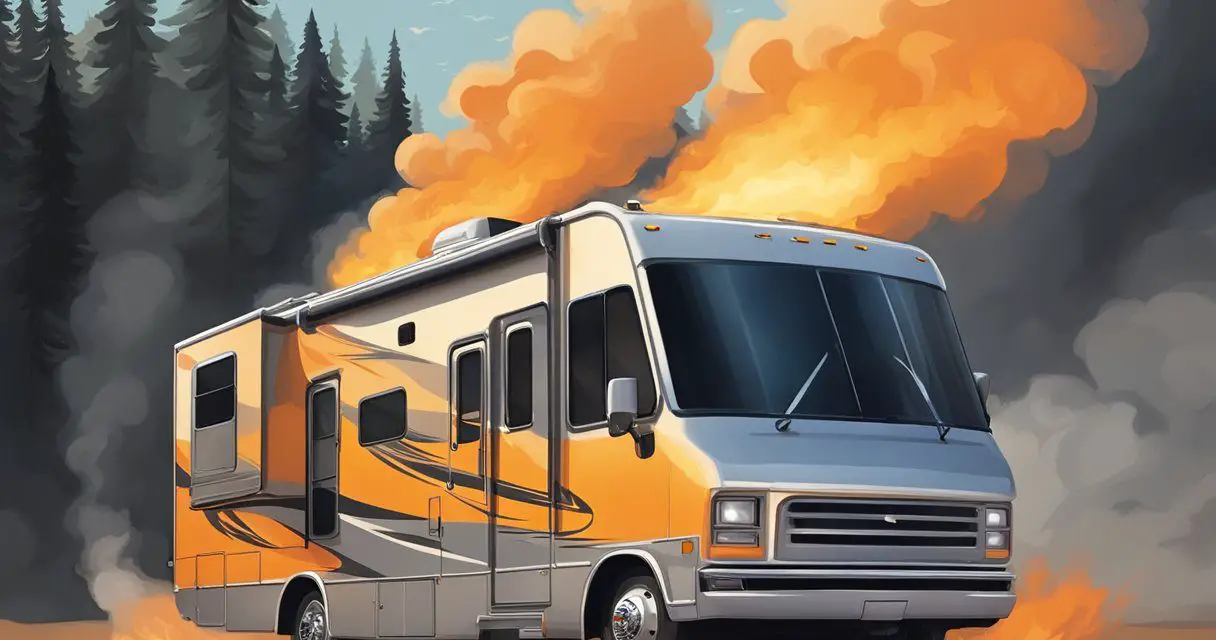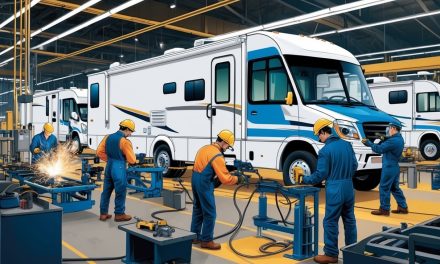RV travel is a beloved pastime for many, offering freedom and adventure on the open road. However, recent events serve as a sobering reminder that safety should always be our top priority when enjoying the RV lifestyle. The tragic incident involving an RV explosion along the Pennsylvania Turnpike has shocked the RV community and left many wondering how to prevent such accidents.
This article aims to shed light on essential safety measures every RV owner should know and implement. We’ll explore the critical importance of proper propane handling and regular maintenance, drawing lessons from this unfortunate event. Our hearts go out to the family affected by this tragedy, as reported by CBS21 and WGAL.
Understanding Propane Safety in RVs
Propane is a common fuel source in RVs, but it requires careful handling. The explosion that claimed Melinda VanNewkirk’s life was reportedly caused by lighting a cigarette near a propane leak.
This tragic incident underscores the importance of propane safety awareness. Regular inspections of propane systems, using leak detectors, and proper ventilation are crucial steps in preventing such accidents.
The Importance of Regular RV Maintenance
Maintaining your RV isn’t just about keeping it looking pretty for the campground catwalk. The VanNewkirks’ experience highlights the critical need for regular maintenance checks, particularly of gas systems. Scheduling professional inspections, replacing worn-out parts, and staying vigilant for any unusual odors or sounds can literally be lifesaving.
Emergency Preparedness for RV Travelers
Would you like to save this article?
Being prepared for emergencies is crucial when you’re on the road. In the unfortunate event of an accident like the one at Blue Mountain Service Plaza, knowing how to react quickly can make all the difference. This includes having easily accessible fire extinguishers, knowing how to shut off gas valves, and having an evacuation plan.
The Role of Education in RV Safety
Education plays a vital role in preventing RV accidents. Many RV owners may not be fully aware of the potential dangers associated with propane and other RV systems. Offering comprehensive safety courses for new RV owners and refresher courses for experienced travelers could significantly reduce the risk of accidents.







